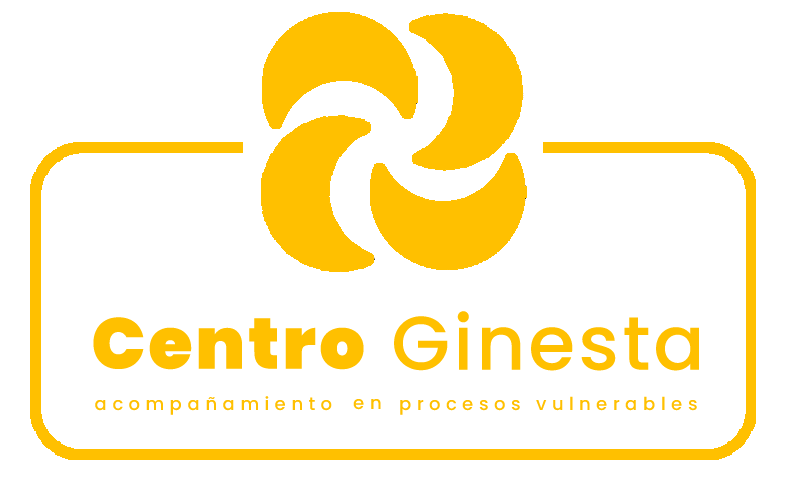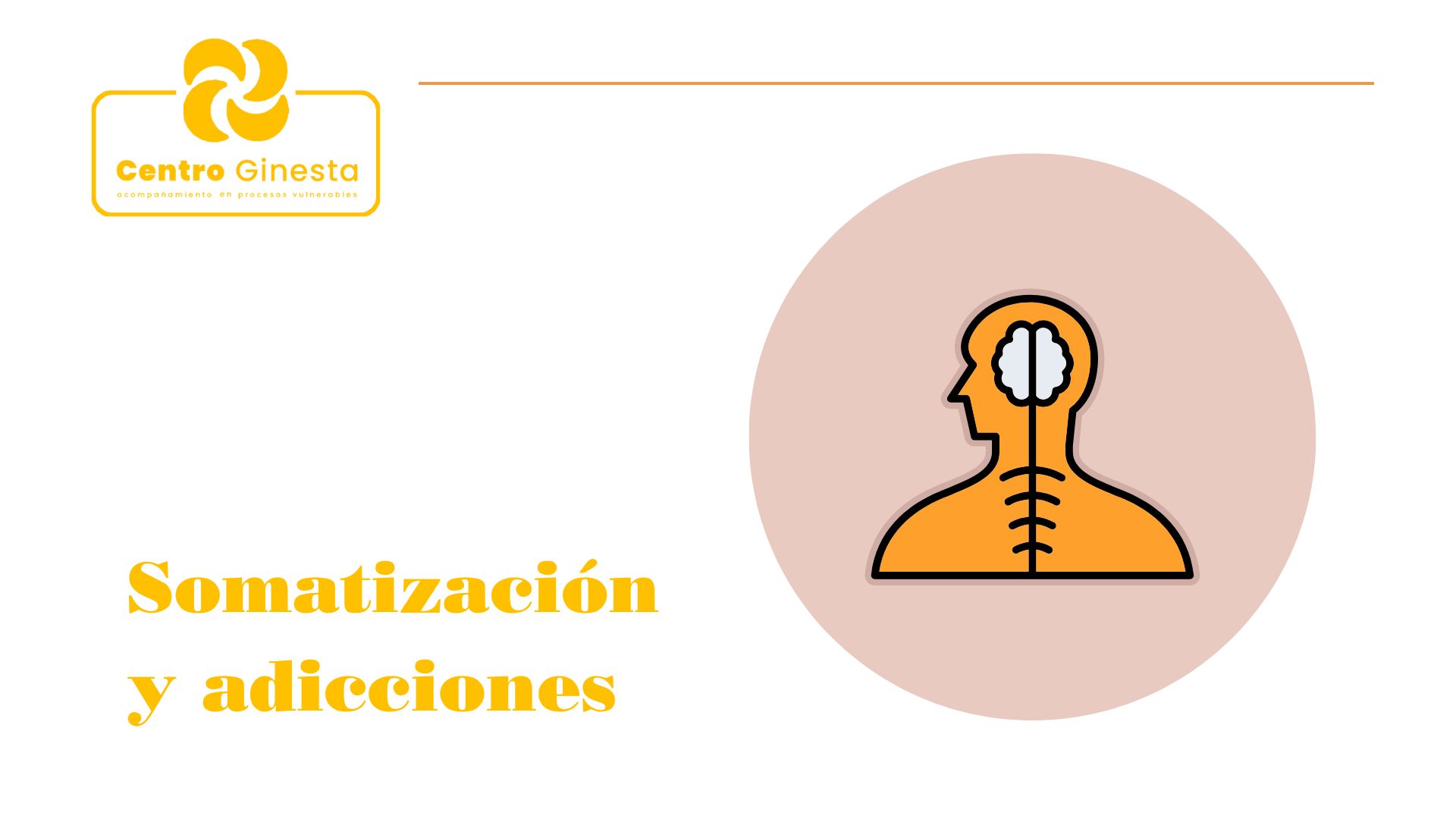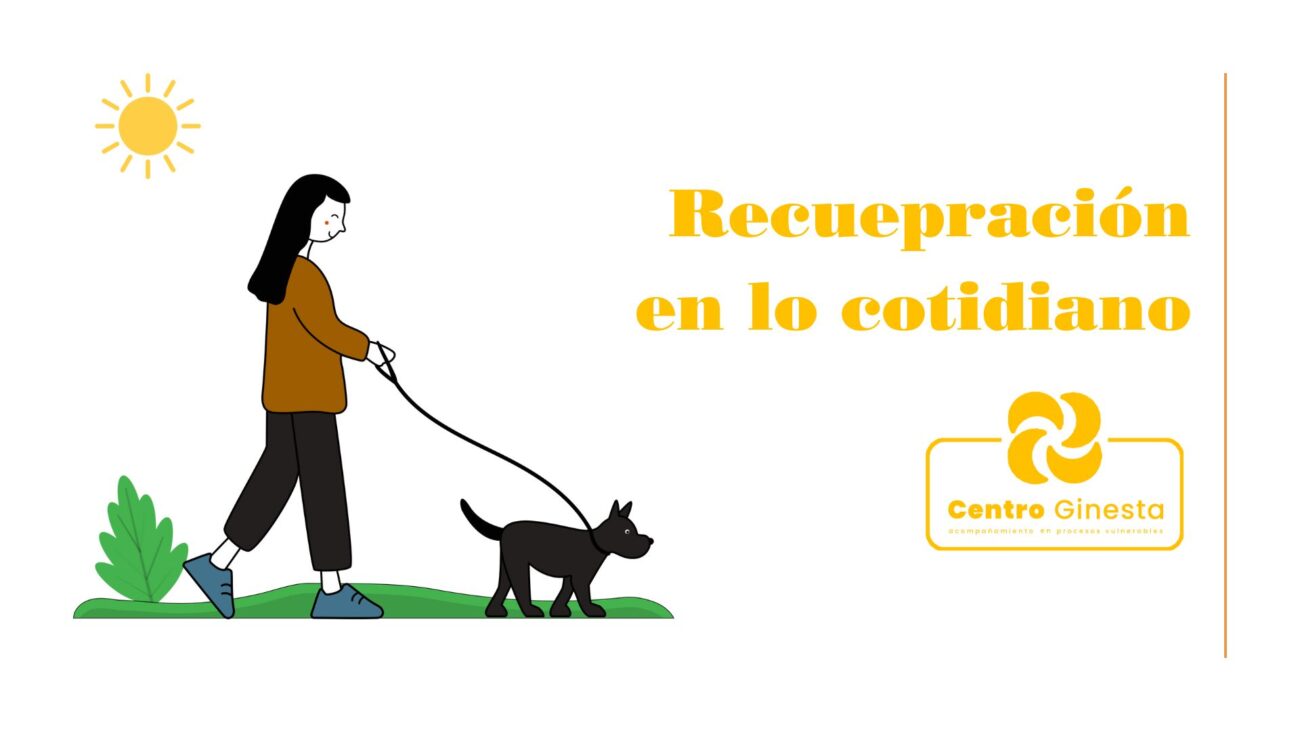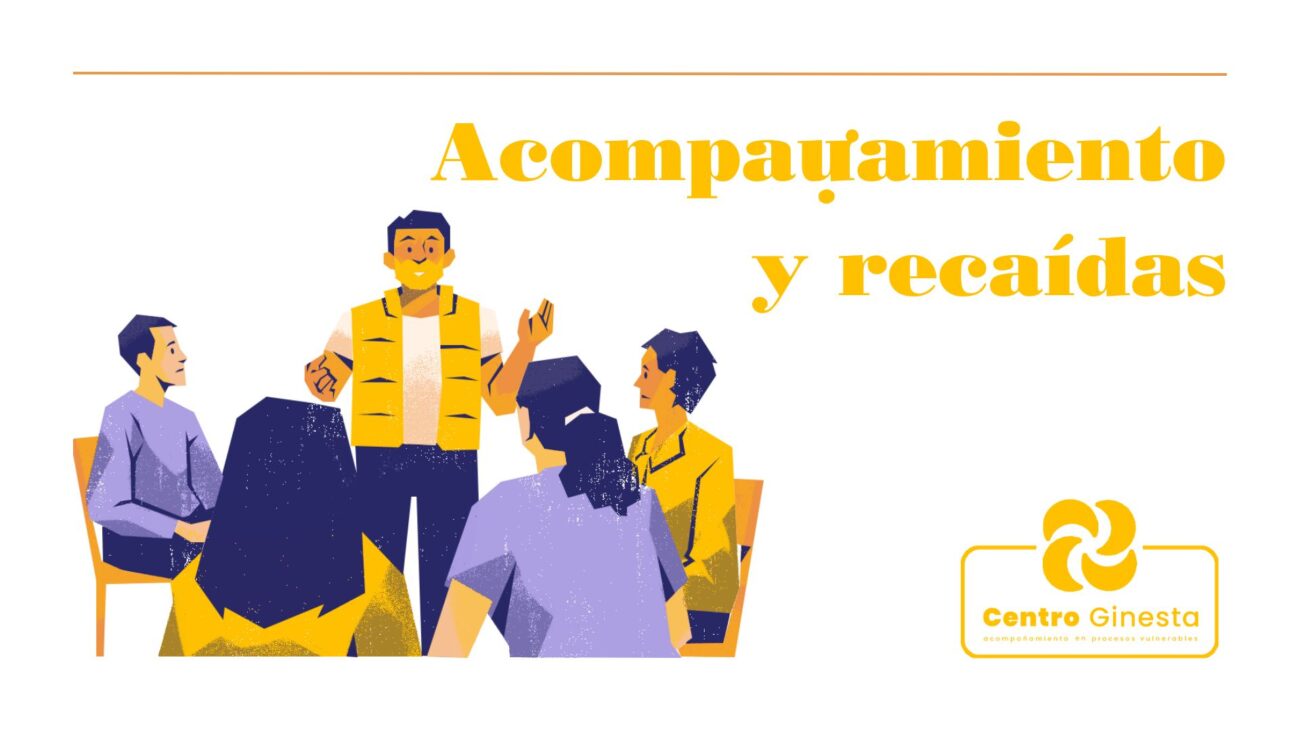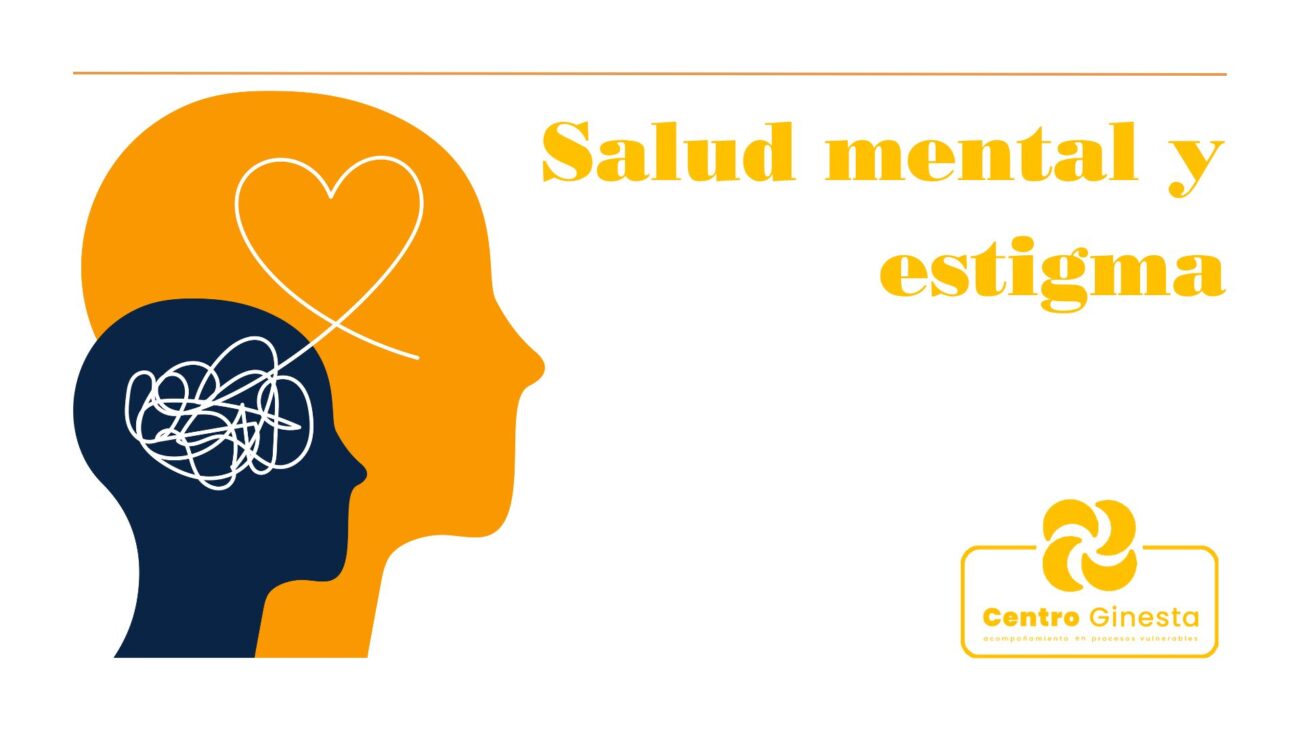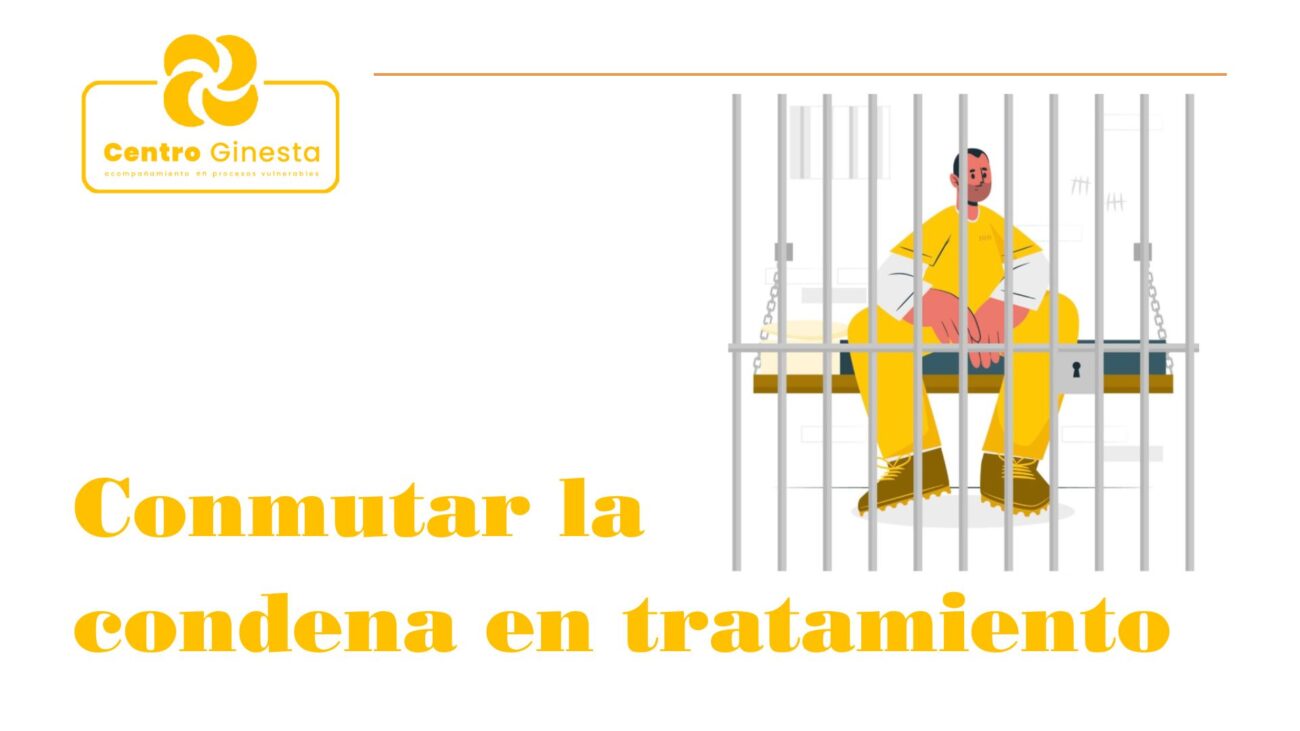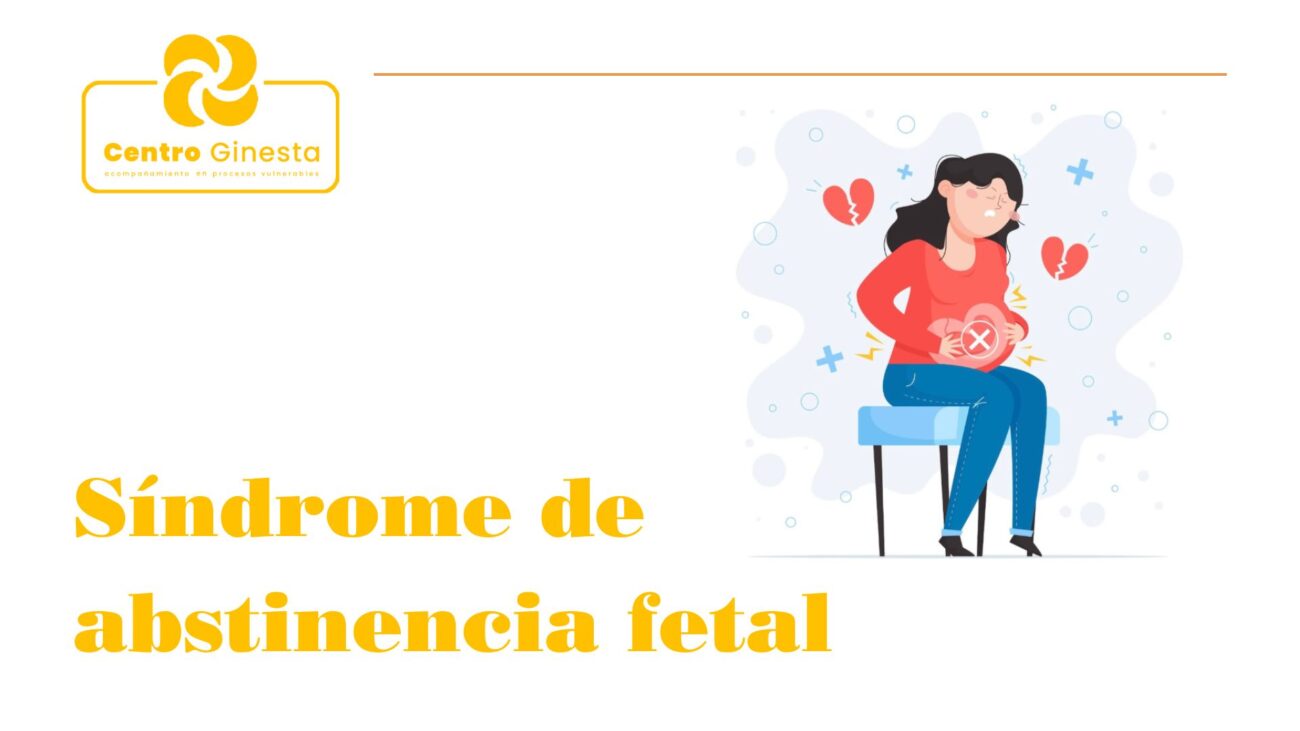When we talk about addictions, We tend to focus only on the problematic substance or behavior. However, The impact of addiction goes much further: the body is also affected and, many times, becomes the spokesperson for emotional suffering. This phenomenon is known as somatization and addictions.
The somatization and addictions are closely related, since emotions such as anxiety, sadness, Guilt or anger may manifest as physical symptoms during the recovery process..
Physical signs of somatization and addictions
During treatment, especially in the early phases of withdrawal, It is common for physical symptoms to appear that reflect unexpressed emotions:
- Recurrent headaches
- digestive problems
- Muscle contractures and tensions
- Insomnia or unrefreshing sleep
- Persistent fatigue
These symptoms do not always have a clear medical origin., but an emotional bond that deserves to be heard. Ignoring them can lead to frustration and increase the risk of relapse., hindering comprehensive recovery.
How to address somatization in treatment
Recognize and address the somatization and addictions allows for a more complete and healthy approach to the recovery process. In Ginesta Center, we work so that our patients:
- Learn to identify your symptoms and understand the underlying emotion.
- Incorporate emotional management tools that relieve tension without resorting to consumption.
- Discover healthy practices to take care of your body: breathing, relaxation, motion, rest and self-care.
- They can experience recovery in a comprehensive way, attending to mind, body and emotions.
Stopping consumption is not just giving up the substance: es relearn to listen to what the body and emotions need to tell us, integrating physical and emotional well-being into the recovery process.
